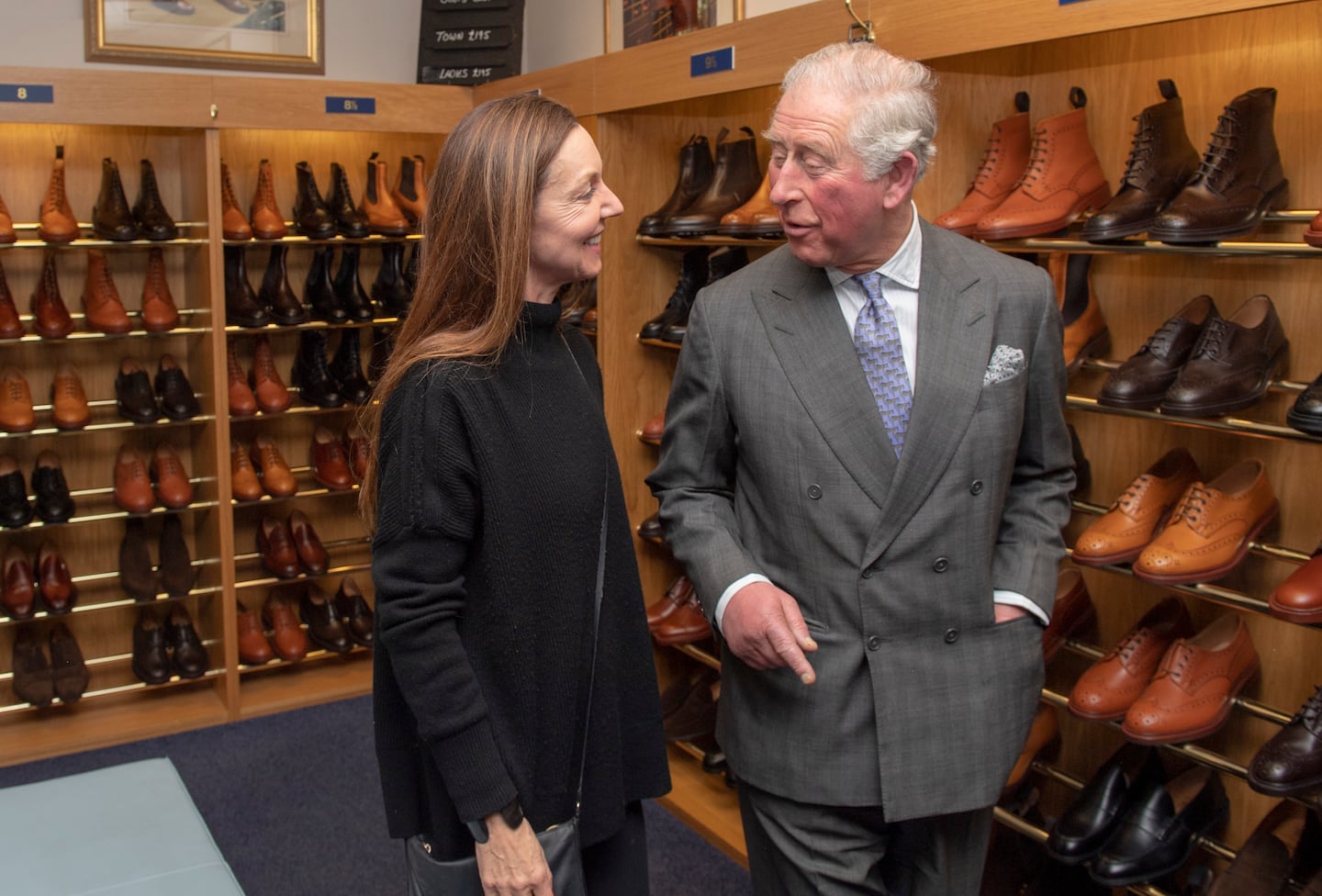
The Business of Fashion
Agenda-setting intelligence, analysis and advice for the global fashion community.

Agenda-setting intelligence, analysis and advice for the global fashion community.

At Tricker’s, a 192 year-old maker of English luxury shoes beloved by Prince Charles and Japanese fashionistas, relief at averting a no-deal Brexit quickly turned to dismay at the new price of doing business with the European Union.
Invoices are mounting from parcel firms that ship the company’s heavy brogue shoes and boots — which typically sell for £450 ($612.77) a pair — to EU clients, saddling it with extra costs which could hit 100,000 pounds a year.
A last-gasp trade deal between London and Brussels avoided the big barrier of border tariffs.
But Tricker’s, like many firms on both sides of the border, is finding that paying value-added tax has become a lot more complicated for direct sales to consumers.
ADVERTISEMENT
British exporters must now comply with different VAT rates across the bloc’s 27 member states.
Tricker’s has handed the task to parcel firms which are charging additional handling fees for each package sent to the EU from the company’s factory in Northampton, a central English town famous for its boots and shoes since the 1400s.
Shipments that used to take one day to arrive are now taking three or four.
And when the couriers get things wrong, the strain of the paperwork only grows at a time when Covid-19 is already stretching many manufacturers to the limit.
“We’ve been through...world wars, financial crises, stock market crashes. Last year, the first lockdown was the first time we’d actually been closed,” Tricker’s Managing Director Martin Mason said on an empty shop-floor in the factory where normally 86 employees would produce 1,000 pairs of shoes a week.
We’ve been through...world wars, financial crises, stock market crashes.
“Even during the world wars we were open, making boots for the army,” he said. “To deal with Brexit on top of what we’ve been experiencing with coronavirus has been certainly a double whammy. We will get through it. It will be tough.”
Prime Minister Boris Johnson has said the recent disruptions to trade are largely “teething problems” and he points to the potential for export growth if Britain strikes trade deals with the United States, India and beyond.
Prices up, Margins Squeezed
ADVERTISEMENT
Compounding the problems are VAT invoices sent by parcel firms for shoes sent back to Northampton by wholesalers and by EU clients seeking repairs which should incur no tax.
The expected Brexit-related costs of about £100,000 ($136,690) a year would be equivalent to almost 10 percent of online sales which in turn represent about 15 percent of total turnover at Tricker’s, Mason said.
That has led the firm to raise prices for EU customers and absorb the rest of the hit in its bottom line.
“I think all companies here in the UK are getting extra costs as a result of the deal,” Mason said.
Other British companies, who opted not to pay the VAT themselves, are now facing a wave of returned goods from disgruntled customers. British consumers are also balking at paying more than they expected for goods bought from EU vendors.
Brexit has tangled up many businesses from fashion producers to fisheries, in extra paperwork and higher costs, hindering or even preventing them from getting goods into the EU.
British government budget forecasters estimate that the country’s economy will be 4 percent smaller in 15 years’ time than it would have been had it stayed in the EU.
Mason said there were some potential upsides for Brexit for his firm which exports about 85 percent of all the shoes it makes.
ADVERTISEMENT
A deal agreed with Japan — which accounts for a third of Tricker’s business compared with about 15 percent which comes from the EU — would be a help and an agreement with the United States might lower its import tariffs.
But for now, his immediate priority is to sort out the VAT problems.
“I really hope that over time common sense prevails and people do understand that this friction of getting product into Europe has got to be smoothed down,” Mason said.
“It is a bit of a barrier to recovery post Covid, but... if wise heads get together and solve some of these issues then hopefully it will become easier.”
By William Schomberg; editor: Emelia Sithole-Matarise.
This week, more luxury brands will report first-quarter results, offering clues as to how broad and how deep the downturn is going to get.
Fashion brands are edging in on the world’s largest gathering of design professionals and their wealthy clients, but design companies still dominate the sector, which is ripe for further consolidation, reports Imran Amed.
Blocking the deal would set a new precedent for fashion M&A in the US and leave Capri Holdings in a precarious position as it attempts to turn around its Michael Kors brand.
After preserving his fashion empire’s independence for decades, the 89 year-old designer is taking a more open stance to M&A.